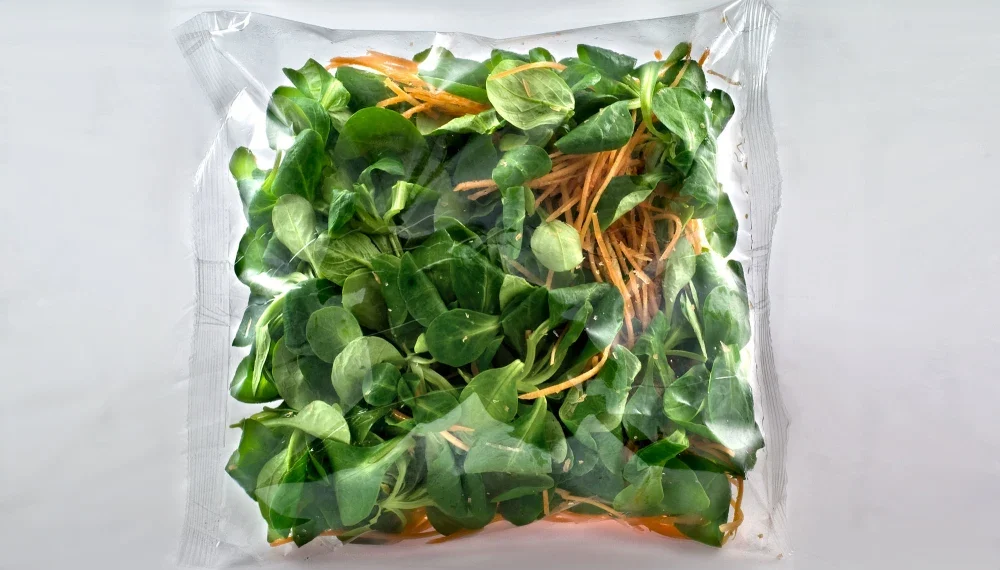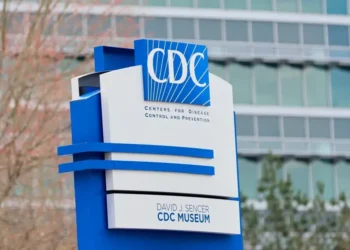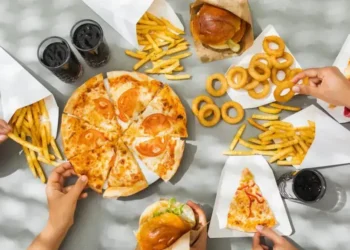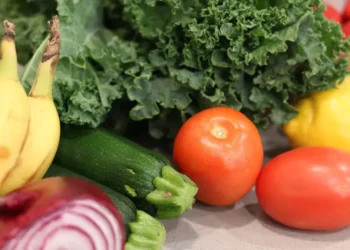An E. coli outbreak, currently linked to at least 75 illnesses and one death, highlights the contamination risks associated with certain fresh produce, say food safety experts.
Several experts emphasize that they generally avoid certain raw fruits and vegetables prone to contamination, including sprouts, bagged salad greens, and cantaloupe. Federal officials investigating the recent outbreak suspect it may have originated from prewashed, slivered onions served raw on McDonald’s Quarter Pounders.
Rutgers University food science professor Don Schaffner explains that every step of handling and processing food—from slicing to prewashing—increases the chances of bacterial contamination. “The more manipulation you do, the more potential there is for bacteria,” Schaffner says. Raw fruits and vegetables, which aren’t cooked to kill bacteria, have been implicated in past E. coli outbreaks, such as a 2006 outbreak linked to packaged spinach and various cases linked to sprouts and cantaloupe.
Darin Detwiler, a professor at Northeastern University specializing in food regulatory policy, notes that E. coli outbreaks are often associated with produce. Meat outbreaks have declined over the decades due to stricter regulations and better cooking standards.
Barbara Kowalcyk, director of the Institute for Food Safety and Nutrition Security at George Washington University’s Milken Institute School of Public Health, advises against bagged greens and sprouts. She prefers to buy whole heads of lettuce and remove any torn or damaged leaves, thoroughly washing and drying them with clean paper towels. “Friction from drying helps remove bacteria,” she says.
Sprouts present a specific risk due to warm conditions that promote bacterial growth during sprouting, says Schaffner. Cut melons, especially cantaloupe with its bacteria-trapping rind, are also a high risk. Detwiler emphasizes that cantaloupe’s pH makes it particularly prone to contamination, and its rough rind is difficult to clean effectively.
E. coli spreads from animal or human waste, contaminating food and water. While agriculture improvements have helped, E. coli remains a risk, especially for vulnerable groups like young children, seniors, and people with compromised immune systems.
Kali Kniel, professor of microbial food safety at the University of Delaware, highlights E. coli’s low infectious dose, noting that only a few cells can make someone very ill. Many experts also avoid undercooked meat, poultry, fish, and eggs, as well as unpasteurized milk.
When dining out, food safety experts recommend checking for cleanliness cues. Detwiler, for example, judges a restaurant’s hygiene by inspecting the restroom first. However, fast-food restaurants like McDonald’s generally maintain stringent food safety protocols, according to Detwiler, who says the chain has “a long history of food safety leadership.”
The Centers for Disease Control and Prevention (CDC) notes that raw onions have not previously been linked to this particular strain of E. coli, though onions have caused salmonella outbreaks in recent years. Experts anticipate food safety measures will continue to improve as a result of this outbreak.
Schaffner acknowledges that completely avoiding foodborne illnesses is impossible. “If you stopped eating foods linked to outbreaks, you’d have little left to eat,” he adds. “Not eating still carries more risks than eating.”
This article was rewritten by JournosNews.com based on verified reporting from trusted sources. The content has been independently reviewed, fact-checked, and edited for accuracy, neutrality, tone, and global readability in accordance with Google News and AdSense standards.
All opinions, quotes, or statements from contributors, experts, or sourced organizations do not necessarily reflect the views of JournosNews.com. JournosNews.com maintains full editorial independence from any external funders, sponsors, or organizations.
Stay informed with JournosNews.com — your trusted source for verified global reporting and in-depth analysis. Follow us on Google News, BlueSky, and X for real-time updates.














